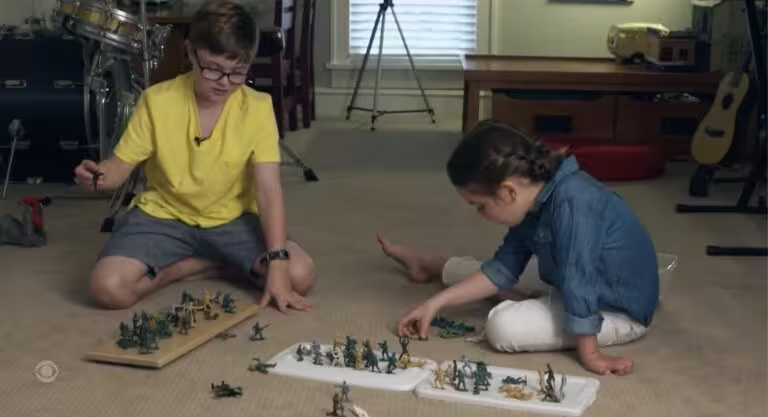
Making the right decision is not always an easy task, especially for young students. Understanding our own values helps identify the right thing to do to be a good friend and community member.

Identify and understand emotions, values, attitudes, motivations, mindsets, and personal attributes.
Make decisions based on rationality, ethics, and effectiveness.
Enthusiastic to understand more about themselves, others, and the world around them.
Fully engaged in the educational process and connected to the school community.
Sometimes the decision-making process is quick and we don’t always have time to make a long, drawn-out decision. Quickly checking your decisions based on how they align with your beliefs is a helpful tool. Take a quick second to think “Is this helping create the kind of world where I want to live?” This will help guide your decision-making when it matters the most.
Have students journal about the following prompts.
Encourage families to watch “Making Tough Choices with Kid President”
Give the following prompts to discuss as a family.